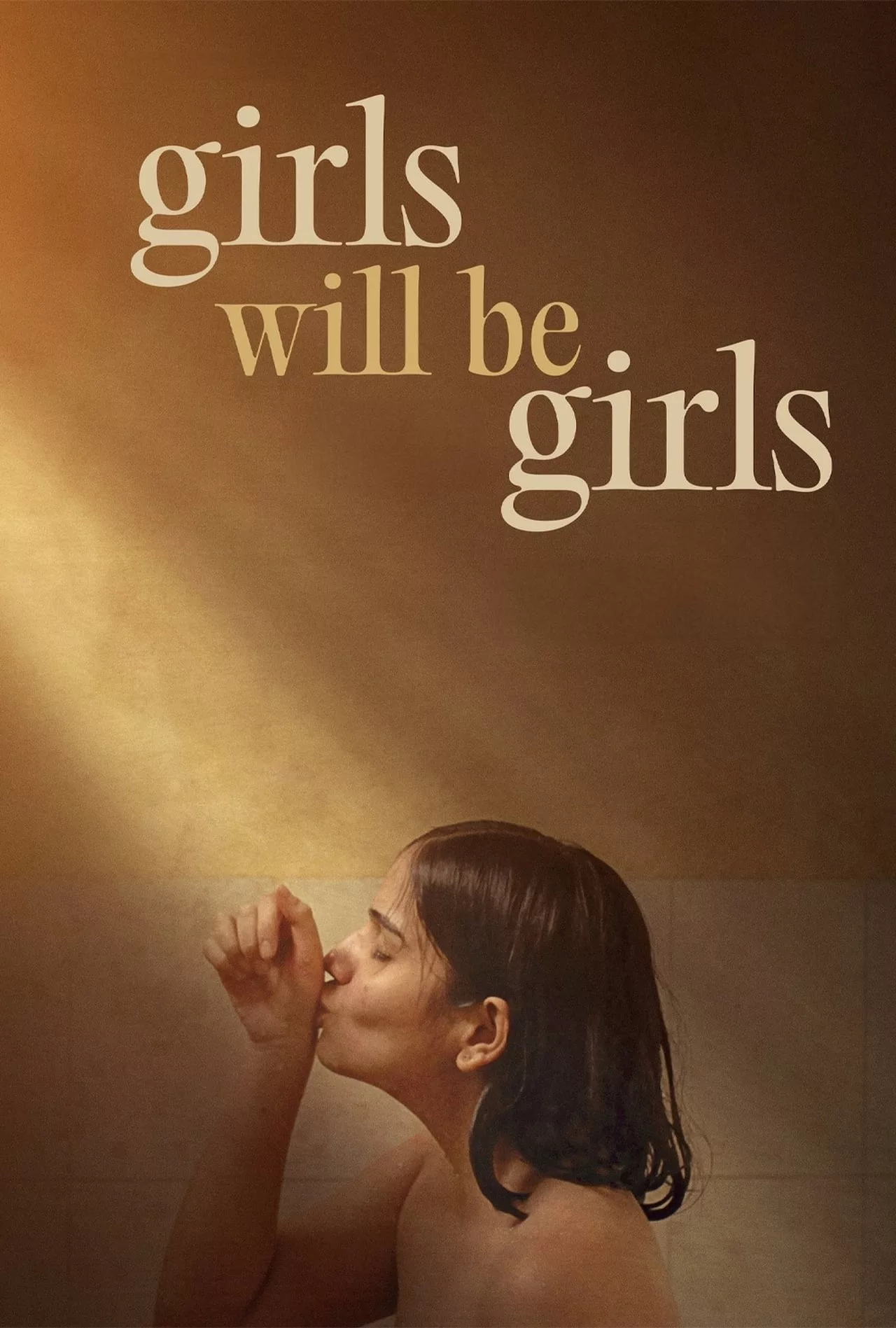Writer-director Shuchi Talati’s feature debut, “Girls Will Be Girls,” is a profoundly moving document of generational girlhood. Mira (Preeti Panigrahi) is top of her class. The first female student to be appointed to head prefect at her boarding school, she wears the prefect badge proudly on her lapel, striding the halls of the academy with indisputable confidence and contentment. She enforces the dress code, leads the school’s daily pledge, and serves as a liaison between the principal and the students, all with a slight smile and high chin. She is the school-wide standard of excellence, an honor that quickly becomes a burden.
She is tasked with being (and enforcing) the school’s strict standards of both academia and behavior. When she meets a new international classmate, Sri (Kesav Binoy Kiron), waves of desire wash her into uncharted territory, marked by choppy currents of first love, social expectations, and a grievous mother-daughter dynamic. As Mira and Sri succumb to the magnetism that pulls them together, they are forced to do so privately. The school strictly discourages fraternization, although it does so unequally.
The principal, Ms. Bansal (Devika Shahani), is a figurehead of the traditional compliance culture. The girls are told, “Be careful of boys. Don’t talk to them more than necessary.” They are schooled on the length of their skirts and blamed when their male classmates take upskirt photos of them as they go up the stairs. There is a constant affirmation of the “boys will be boys” attitude that the film clearly, as stated in its title, shoots to subvert.
At home, Sri is introduced as a friend from class, as Mira’s mother, Anila (Kani Kusruti), forbids her from romantic relationships. She notes that if Mira’s academics start to slip, her husband will blame her. Yet, under the surface, there’s a secondary hint of her antipathy. Anila is a hovering presence that grows more and more oppressive and eventually invasive. Mira already has resentments and angsty disdain for her mother, which only exacerbates as Anila begins to bear witness to/push against this precarious stage of Mira’s coming of age.
“Girls Will Be Girls” is shot in a homey, intimate 4:3 aspect ratio. Talati’s direction prioritizes Mira’s point of view, constantly keeping us within her frame of mind. It also focuses on small details of charged interactions, from clutching hands to reaching fingers and fluttering eyes. It’s utterly romantic and personal, latching onto the all-consuming feelings these minute touches inspire. Panigrahi, who won the Sundance Dramatic Special Jury award for her performance, is electric. Mira is vulnerable but always empowered and in touch with her self-worth, even under attack. The chemistry between Panigrahi and Kiron sparkles with their naïve adoration and how it morphs into too-real feelings and youthful selfishness.
The film is a bildungsroman under the lens of Mira’s sexual awakening, but it’s also a document of the unhealed wounds of girlhood that live within women. “Girls Will Be Girls” is arguably just as much Anila’s film as Mira’s. Most of what we learn about Anila is through her reactions to Mira. There’s a palpable motherly love there but also a murky cocktail of protective concern and envy as she watches her move through the world with a sure sense of self that she seemingly never had growing up. In a tense dinnertime conversation about marriage, the film suggests that she married Mira’s father so that they could have sex acceptably, and she is now discontented with a marriage whose expiration date has long passed.
Some of Anila’s decisions are acutely antagonistic in a way that nudges the boundary of belief. Still, between Kusruti’s committed, empathetic performance and Talati’s thoughtful writing, “Girls Will Be Girls” gets away with it. The screenplay is rife with touching, interior sentiments that elicit visceral nostalgia for the same first feelings that Mira is encountering. The film is a slow burn, but the pacing is perfect. There is ample time to breathe, allowing the actors to run away with the unspoken moments that make the film as seizing as it is.
“Girls Will Be Girls” displays an affinity for female coming of age with stunning nuance and strength. It raises only the question of its subversive title: what does it mean for girls to be girls? It means having the natural behaviors of growth discouraged and even punished but finding power and autonomy despite it. It means bumping heads with your mother and learning to see her as a girl who had to grow, not simply the adult woman you’ve always known. Yet Talati’s film isn’t mawkish or sanitized in exploring its themes. Rather, it’s irrevocably rooted in the real and present.




















